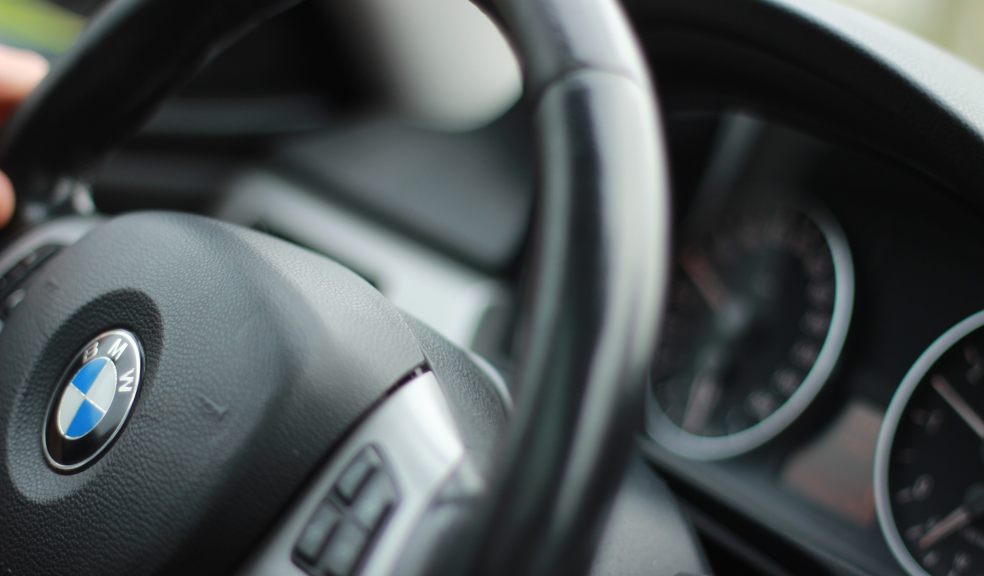
New VED Road Tax Explained
Despite being released earlier this year and discussed on various forums, a lot of people in the UK still don’t understand the new Vehicle Excise Duty or VED road tax that became effective on the 1st of April. New cars purchased must now comply with the new tax regulations, which introduce a significant set of changes to the vehicle tax bands.
What are the changes to understand in the new VED road tax? We talked to experts in this field to find out more about the new tax bands and how they affect you.
Notable Changes
The new tax bands put more emphasis on CO2 emissions. Cars with low CO2 emissions will pay lower first-year taxes than those with higher emissions. This is a good move made by the government since it will persuade both car manufacturers and consumers to move towards low-emission cars.
According to the old tax bands, all cars that produce fewer than 100 g/km of CO2 pay no first-year and annual tax. The tax bands then apply different amounts of tax for every 10 g/km of CO2 produced. Vehicles in category D with the maximum CO2 emissions of 130 g/km don’t need to worry about first-year tax and only need to pay £110 in annual tax.
The next tax regulations significantly change the previous tax bands. Today, only cars with no CO emissions get to enjoy £0 first-year and annual tax. All CO2-emitting cars registered after April 1st will have to pay £140 in annual tax and a varying amount of first-year tax. If you buy a car that produces 130 g/km of CO2, for example, your first-year tax is now £160.
Cuts for Hybrids
Electric car consumers are the ones enjoying the most benefits from the new VED road tax. Now that there are some interesting electric cars to choose from, it is easy to save £140 per year in VED alone just by going electric.
It is also worth noting that hybrids and vehicles using alternative fuel will also enjoy a £10 discount on the annual tax, bringing the number down to £130. Hybrids such as the BMW i8 are still very capable in terms of performance, so they will be more appealing to general drivers.
Market Is Responding
The changes in VED road tax are causing mixed reactions. Some consumers bought new cars before the 1st of April in order to benefit from the old tax regulations. For others, the new VED actually allows them to save on first-year tax.
Consumers are not the only ones reacting to George Osborne’s new tax regulations. BMW Edinburgh ran a Beat the Tax Rise promotion to facilitate those who want to pick up a new BMW before new regulations came into effect. Of course, BMW also has the all-electric BMW i3 if you really want to pay no tax on your new car.
The long-term impact of new tax regulations is yet to be seen. Many believe that car sales will continue to grow, especially with more manufacturers offering hybrids, hydrogen-based, and electric cars.




















